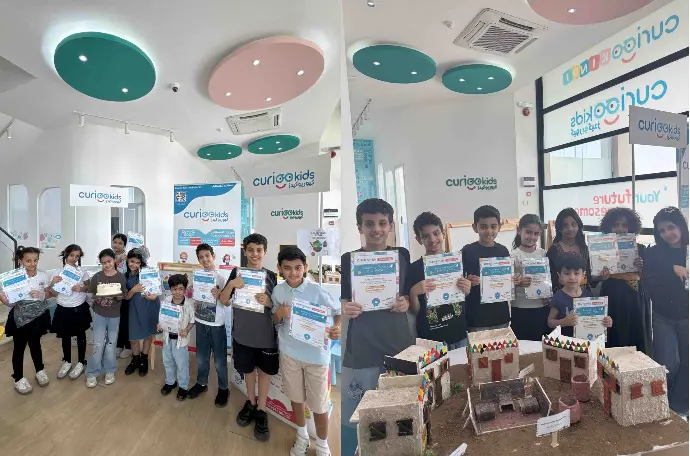Job Title: Learning Specialist
Position Summary
A dedicated and compassionate educator who provides specialized instruction in academic, social, and life skills to preschool-aged students with diverse learning, emotional, or physical disabilities. This role involves creating tailored educational plans and a supportive classroom environment to foster student development and well-being. Specializations may include working with students who are blind, deaf, or have intellectual disabilities.
Key Responsibilities
Instruction and Student Development
Develop and Implement Specialized Instruction: Employ evidence-based educational strategies to improve sensory-motor skills, language, cognition, and memory.
Teach Foundational Skills: Instruct students in basic concepts such as colors, shapes, numbers, and letter recognition, as well as personal hygiene and social skills.
Adapt Curriculum: Modify the general preschool curriculum to meet the unique needs of students with disabilities.
Promote Life Skills: Teach personal development skills, including goal-setting, independence, and self-advocacy.
Foster Learning: Encourage students to explore learning opportunities and persevere through challenges to prepare them for future academic success.
Utilize Assistive Technology: Provide and manage assistive devices and supportive technology to help students access the curriculum and facilities.
IEP Development and Collaboration
Create Individualized Education Plans (IEPs): Develop and implement comprehensive IEPs designed to promote each student's educational, physical, and social growth.
Collaborate with Stakeholders: Confer with parents, administrators, social workers, and other professionals to develop and review student IEPs.
Parent Communication: Meet regularly with parents and guardians to discuss student progress, provide guidance on community resources, and teach skills for managing their child's needs.
Resolve Student Issues: Work with parents, teachers, and administrators to resolve students' behavioral or academic challenges.
Classroom Management and Environment
Establish a Positive Environment: Teach socially acceptable behavior using techniques like behavior modification and positive reinforcement.
Maintain Order: Establish and enforce clear rules for behavior and procedures to maintain a safe and orderly classroom.
Prepare Learning Spaces: Arrange indoor and outdoor areas with a variety of materials to facilitate creative play, motor-skill development, and safety.
Manage Classroom Resources: Control the inventory, distribution, and care of classroom equipment, materials, and supplies.
Assessment and Administration
Monitor Student Progress: Observe and evaluate students' performance, behavior, social development, and physical health.
Administer Assessments: Conduct tests to determine children's developmental levels, needs, and potential.
Maintain Records: Keep accurate and complete student records in compliance with all laws, district policies, and administrative regulations.
Supervise Staff: Monitor and prepare assignments for teacher assistants or volunteers to ensure adherence to program requirements.
Required Skills and Qualifications
Education and Experience
Education: A Bachelor’s degree is required. A Master’s degree or post-baccalaureate certificate is required for many positions.
Experience: This role requires extensive preparation. Many positions require more than five years of experience in a related field.
Core Competencies
Communication: Excellent speaking, active listening, and writing skills to effectively convey information to students, parents, and colleagues.
Interpersonal Skills: Social perceptiveness, service orientation, and the ability to build cooperative relationships.
Instructional Skills: The ability to select and use appropriate training methods, monitor performance, and adapt teaching strategies for diverse learners.
Problem-Solving: Strong critical thinking and judgment to identify problems, evaluate options, and implement effective solutions.
Patience and Self-Control: The ability to remain calm and composed, even in difficult situations.
Technical Skills
Office Suite: Proficient in Microsoft Office (Word, Excel, PowerPoint, Outlook).
Educational Software: Experience with computer-based training software for children.
Assistive Technology: Familiarity with screen readers, magnification software, and other accessibility tools.
Database Software: Experience with interfaces like the American Sign Language Browser is a plus.

